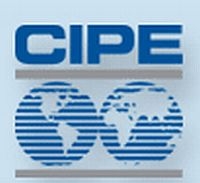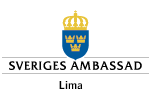 Hernando de Soto
Hernando de Soto
March 15, 2013 - This Feature Service article is based on an interview at the CIPE offices in Washington, DC on February 11, 2013.
Entrepreneurship is all about combining things from different resources to create wealth, and institutions are crucial to facilitating that combination. What do I mean by “combining things”? Consider Leonard E. Read’s famous example that to build a simple pencil involves numerous countries, countless individuals, and hundreds of different ingredients: from graphite to the Oregon wood which sandwiches it in, to the copper of Chile and the zinc of Peru and the black nickel of South Africa, which hold the eraser close to the pencil itself, to the lacquer that is on the pencil. The wood requires kilning and dyeing. It must be cut and shaped and glued. Or take a look at your watch, which is likely to involve more than 500 parts, also provided by suppliers from all over the world.
To create the trust to combine all those resources and people to make even the most common objects requires many legal institutions. Good contracts, for example – a clear definition of who has the property rights over the materials, and confirmation that you are not buying from a crook. If you do not have the appropriate legal environment, you will have very poor-performing entrepreneurship. Successful countries have created the rule of law with its property and entrepreneurial rights, which, in turn, have allowed them to combine all sorts of things and people and thereby create wealth.
To read the entire article, please visit CIPE


